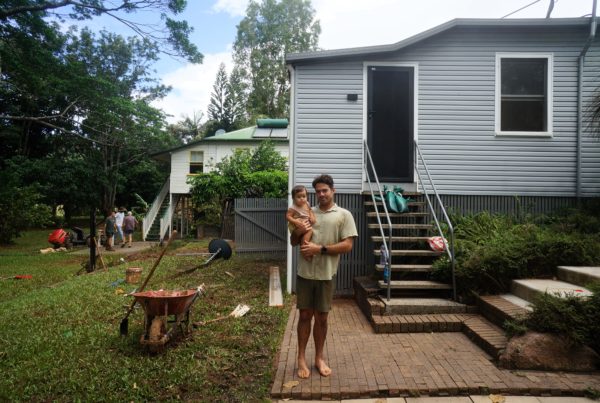This is an excerpt from an essay I published in We Are Better Than This, an anthology of essays addressing policies on asylum seekers. Contributors to the anthology include Tim Winton and Julian Burnside.
We have not lost a single life at sea under these operations because they’ve been done safely. Scott Morrison [1]
In December 2013, under Operation Sovereign Borders, the ‘turn back boats’ policy was instated, a policy of returning boats suspected of carrying asylum seekers to Indonesian territorial waters. The Department of Immigration and Border Protection claims that under this policy a total of 383 asylum seekers and 12 boats were turned back from Australian waters; ‘Since the Coalition was elected, 23 boats carrying about 1,200 asylum seekers have arrived in Australia, but all bar one of those arrived before December when authorities started turning boats around’.[2] It is difficult to know if these figures are exact due to the secrecy that surrounds ‘Operation Sovereign Borders’ and there is a suspicion that many more boats are arriving that we are not hearing about. If we are to accept these assertions by the Coalition Government, it would seem that despite all the deterrence methods, the only way of truly stopping the boats is to forcibly remove people from our waters. A refusal policy rather than a deterrence policy. It also reveals hypocrisy in our attitudes towards our neighbours and the shared responsibility of assisting asylum seekers. Could you imagine if Indonesia started towing boats into Australian waters?
This policy was formerly used by the Howard government and may be why the first edition of the Pacific Solution was so effective in stopping boat arrivals. However, under the Howard government three boats sank during operations and two lives were lost in the process. Scott Morrison has assured us that the government will only turn around boats ‘when it is safe to do so’, even though the concept of abandoning overcrowded, unseaworthy vessels at the edge of Indonesian waters seems far from humanitarian. Of the 12 turn backs in the last year, four used orange lifeboats, and there were no deaths at sea. During these turn backs, six Australian ships made accidental incursions into the territorial waters of other countries, namely Indonesia.
In June 2014, two boats fleeing Sri Lanka were intercepted. One boatload of people was held on an Australian Customs vessel for four weeks before being deported to Nauru. The other group was returned to the Sri Lankan authorities, potentially committing refoulement, the returning of people to countries where they face risk of persecution, an act in violation of the Refugee Convention, the International Covenant on Civil and Political Rights, and the Convention against Torture and Other Cruel, Inhuman or Degrading Treatment or Punishment. The Andrew and Renata Kaldor Centre for International and Refugee Law state:
Australia also has obligations to render assistance to those in distress at sea, in accordance with UNCLOS, the International Convention for the Safety of Life at Sea, and the International Convention on Maritime Search and Rescue. Australia could be in breach of these treaties if it turned back unseaworthy boats and thereby placed lives at risk.[3]
To put it simply, a ‘turn back the boats’ policy fails to comply with international law and places people’s lives at risk.
You can find the complete essay and other valuable commentaries on asylum seeker policy in the anthology We Are Better Than This.


